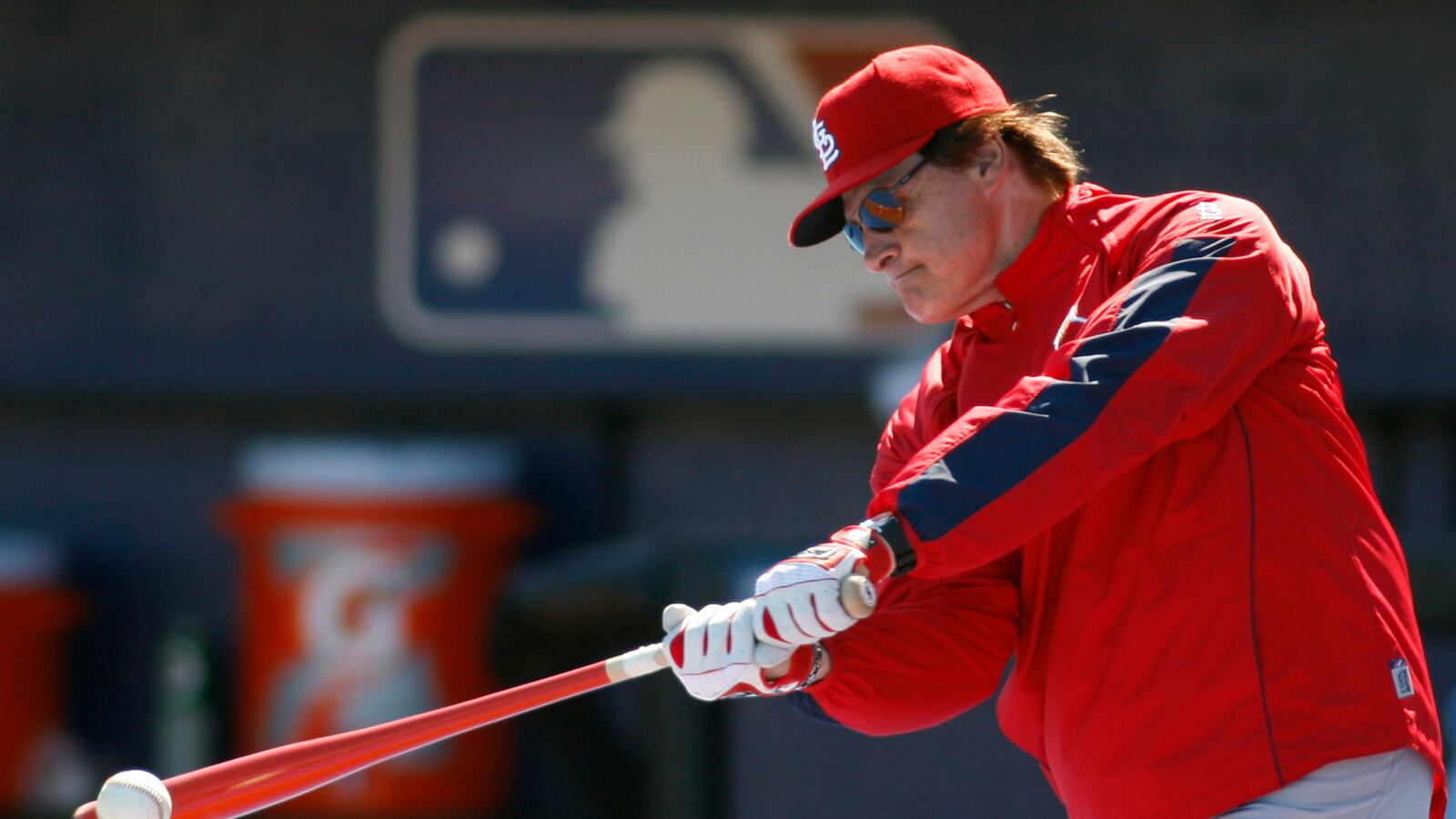Major League Baseball’s playoff season has just begun and the World Series is right around the corner. As a professor of leadership and management, I began to wonder, “At this stage of the season, does the team’s manager still make a difference or at this point is it all about the lineup and the pitching?” I also wanted to know, “Is this anything like what leadership in business is like or is it another species all together?”
Who better to ask than Tony La Russa, three time World Series champion, four time manager of the year, and one of this year’s inductees to the Baseball Hall of Fame? Tony and I became friends when his non-profit venture ARF (the Animal Rescue Foundation) connected with my family’s philanthropic passion for canine rescue. So I was very comfortable asking him, “How do team managers prepare their teams for a future that will take them through the playoffs and the series? Is it day to day, game to game, or do they prepare a master plan from the outset. Or in fact, do they even make much of a difference at this stage of the season?”
He quickly informed me that “long before the end of the regular season, well before the final playoff games, MLB managers and coaches are making their plans. In fact, the smart ones are fine-tuning: they’ve had long-range plans for the playoffs in place all along.” Obviously there’s a lot more to this job than filling out a line up card before the game!
According to La Russa, a team must already be consistently playing well and have their skills and attitude properly focused to make it to the Series. He pointed out that “the postseason experience has an added dimension that makes it the most fun and excitement. The reality is that lose and you’re done, but win and you go on until you’re the champion. This creates an ‘urgency’ that managers must use to drive up their team’s focus and energy level!”
So how much of a role can managers actually play in the Series? La Russa, who started playing baseball professionally when he was 17 and was a major league manager for more than three decades, didn’t hesitate: “Everyone has a role to fill. Obviously pitchers pitch and hitters hit. But the entire team competes. The manager and coaches are part of the team and have their jobs to do. Everyone—staff, stars, rookies, front office, back office—has to be in top form, at the top of their game. You don’t win the Series on the memory of a good season. You win it with great teamwork and great playing. Everyone’s contribution makes a difference in the final result.”
Earlier in the season, La Russa and I had discussed the parallels between managing and leading in sports and in business. We knew that successful leaders prepare their teams for the competition and the conditions they’ll face, whether it’s on the ball field or in business. As a leader, you cannot do everyone else’s job. You must do yours and count on other people to do theirs. But you can influence the performance of others on the team by motivating and inspiring them to strive, to reach, and to apply energy that may be outside their comfort zone.
La Russa and I both believe strongly that obstacles and struggles create great opportunities. That next step—leading the breakthrough changes that turn opportunities into success—is one that all leaders must face, whether on the ball field, behind a desk, or in the boardroom. A game plan, like a business plan, changes with the times, and sometimes in the moment. How did he prepare for that as a team manager? And how does he prepare now, as Chief Baseball Officer for the Arizona Diamondbacks, a new role that makes him responsible for overseeing the team’s entire baseball operations department?
La Russa feels strongly that it’s all about leadership, whatever your position. There’s the work in advance, preparing the team, getting them ready to compete and to win. That means acquiring players with the right skills, harnessing the talent and energy, and getting people in the right frame of mind and with the right sense of urgency. Before and during the game you have to make the right decisions. As the game progresses, you have to adapt and adjust to the game situation, to what your players and the competition are doing—in the moment.
As he said, “Managers and coaches absolutely make a difference. They don’t bring in the runs or make the outs, but they do help put the team in a position to win—if and only if players perform on the field. Managers and coaches help the team prepare to compete, to get their heads in the right place—and keep them there.” In the best cases, they model and teach how to adjust and adapt appropriately. They contribute during the game “by leading the actual execution of the game plan, by helping the team adjust to game situations and what the other team is doing.” He sounded a lot like the lessons I learned throughout my business career. Have a plan but be flexible and adjust to emerging realities.
As La Russa said, “Leading is about communicating and inspiring people throughout the organization to perform at their best.” For him, in this new position, “it’s about inspiring players to be professional ball players and contributing teammates while also providing them the fundamental tools to succeed.” Sounds like a solid leadership lesson, wherever you are.
The Daily Beast special contributor Dave Pottruck is the author of Stacking the Deck, How to Lead Breakthrough Change Against Any Odds, to be released on October 20, and co-author of the best-selling Clicks and Mortar, both from Jossey-Bass. Follow Dave on Twitter at @DavidPottruck and facebook davidpottruck.






